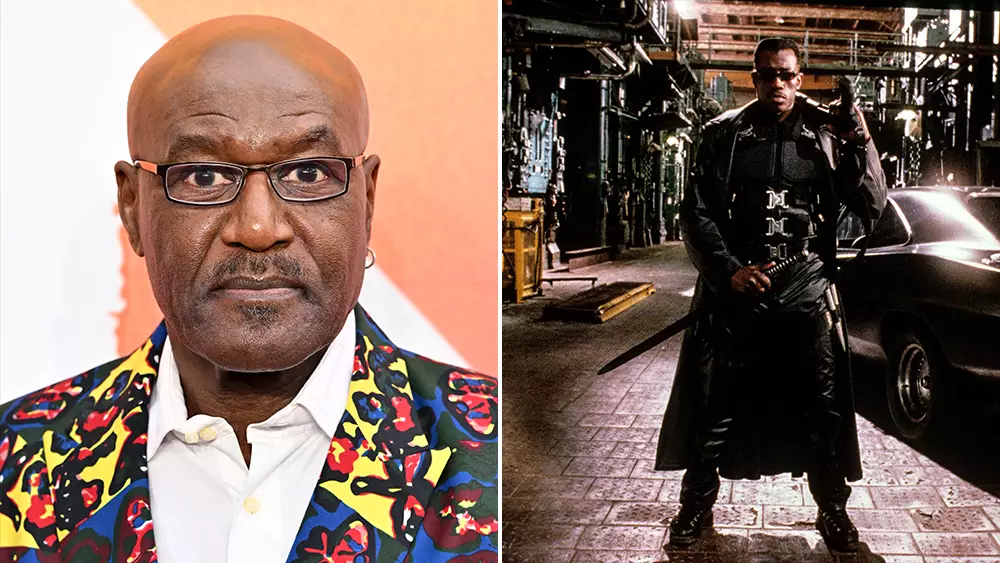In an era teeming with cinematic reboots and adaptations, Marvel has become synonymous with success. However, the long-awaited resurgence of Blade, once the crowning jewel of the franchise, appears to have devolved into a labyrinth of miscommunication and creative discord. Delroy Lindo’s recent comments reveal the extensive turmoil surrounding the film—a project initially marked by promise and star power that has now spiraled into what can only be described as “off the rails.”
When a project helmed by a two-time Oscar winner like Mahershala Ali faces such adversity, it prompts a broader reflection on the state of creative integrity within the entertainment industry. It’s disheartening when articulate actors like Lindo—who was slated for a significant, transformative role that mirrored the philosophies of historical figures—are side-lined, casting a shadow of uncertainty over the representation of Black characters in mainstream cinema.
A Promising Concept to Creative Stagnation
The crux of Lindo’s statements lies in the initial vision for Blade, which was characterized by a commitment to inclusivity. The excitement he expressed about engaging in conversations surrounding character development and cultural significance was palpable. Yet, the disappointing trajectory of the project serves as a cautionary tale about how quickly enthusiasm can be extinguished by internal struggles. The crumbling of this once-ambitious reboot suggests that Marvel, despite its monumental successes, is still susceptible to the pitfalls of mismanagement and shifting creative visions.
One must wonder: how did a project that once featured such promising inclusivity—concepts that resonate deeply with contemporary audiences—devolve into chaos? The answer may perhaps link back to an industry increasingly prioritizing franchise potential over genuine narrative depth. If the Blade we are seeing is a result of creative compromises rather than a singular, visionary approach, audiences deserve better.
The Exodus: A Red Flag for Marvel’s Future
With several key players exiting the project, including original directors and now Lindo himself, one may question the stability of Marvel’s brand moving forward. Every departure raises eyebrows, suggesting a level of disarray that could threaten future adaptations. Kevin Feige’s reassurances about Ali’s portrayal ring hollow when coupled with such a dismal behind-the-scenes account. The concern is that unchecked egos and corporate decision-making are overshadowing the artistry that made Marvel a household name.
Fans are rightly frustrated. The repeated delays and shifting visions from Blade’s inception in 2019 to its recent pull from the release calendar mirror a wider trend in Hollywood: a reliance on IP rather than innovation. The burdensome delays exacerbated by the pandemic and industry strikes may be understandable, but they should not justify the lack of coherent direction. If Blade continues to flounder thus, it will become emblematic of a larger issue that plagues contemporary cinema—the loss of creative focus in the pursuit of box office success.
In a landscape that is deeply politicized, the failure of Blade to garner the attention it deserves is particularly telling. The potential for storytelling that celebrates Black culture, identity, and historical context is colossal. Yet, if this reboot fails, it could reflect a rejection of vital narratives that demand to be told. In the end, the fate of Blade could redefine Marvel’s trajectory and its relationship with an audience craving diverse, authentic representation.

